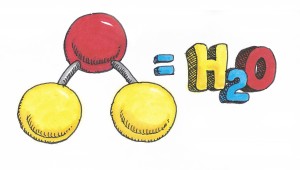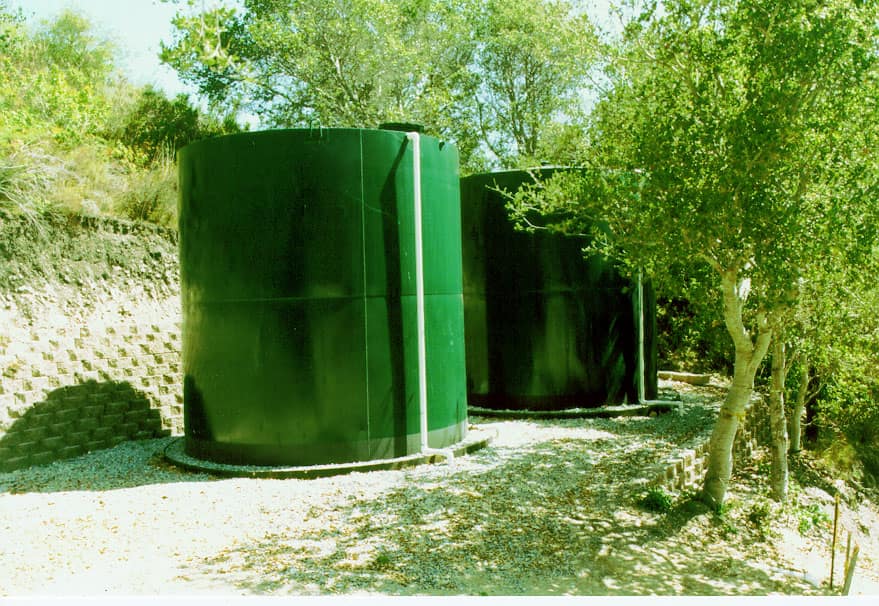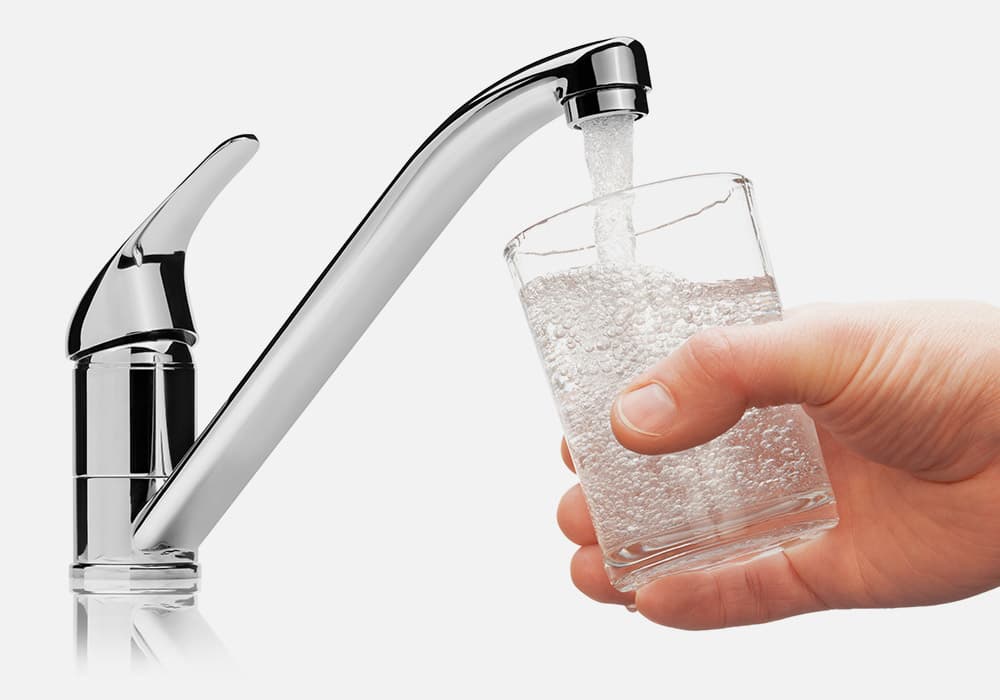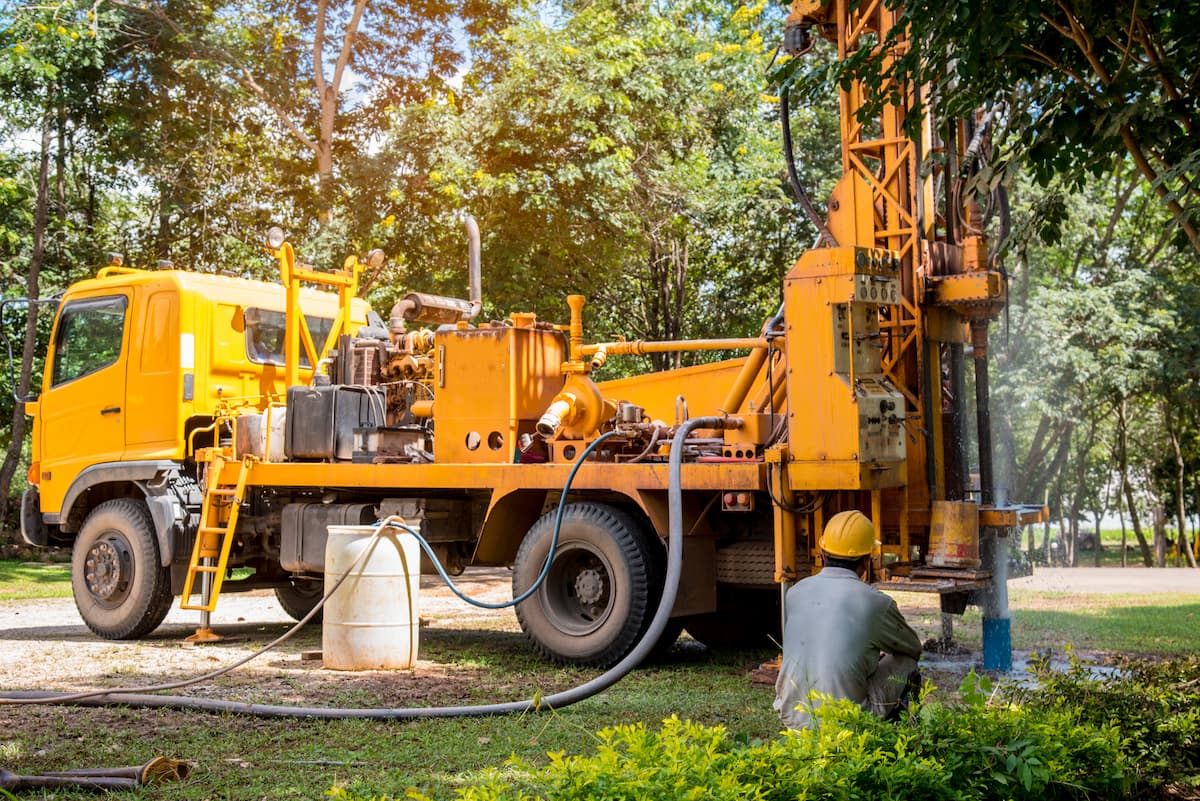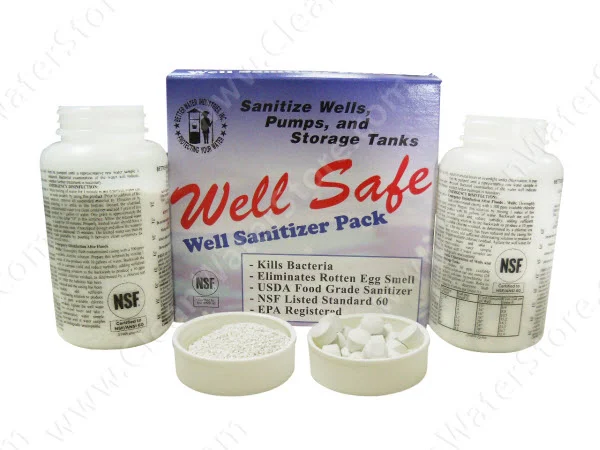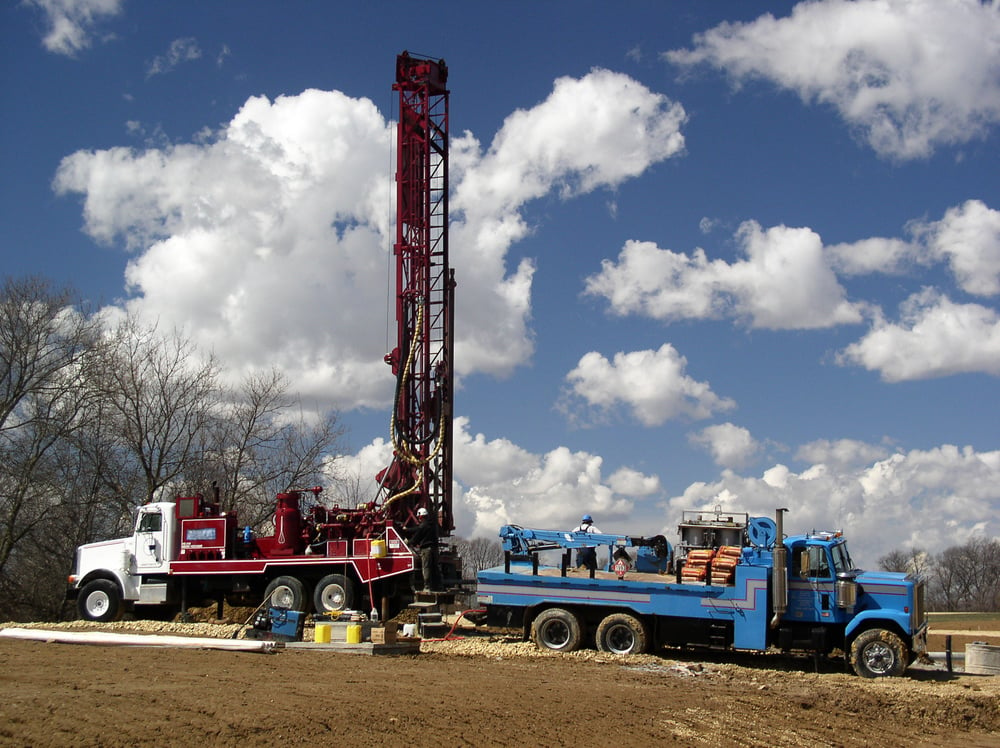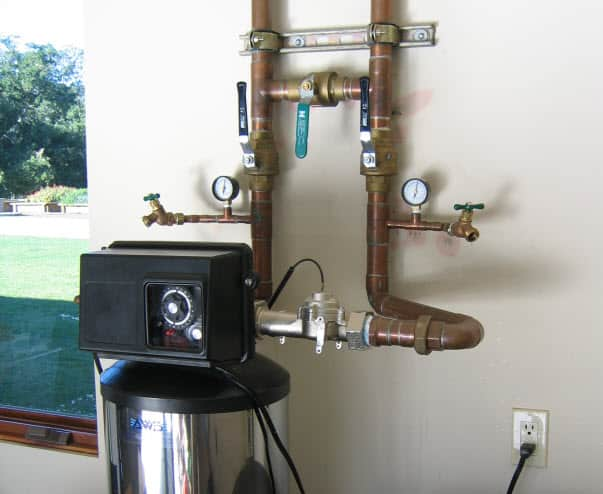The Top 5 Common Mistakes Homeowners Make When Selecting a Well Water Treatment System
 There are 5 common mistakes that homeowners often make when purchasing a water treatment system for a home water well.
There are 5 common mistakes that homeowners often make when purchasing a water treatment system for a home water well.
These include: failure to properly test the well water chemistry, not understanding how the well water system functions, not knowing the flow rate and water pressure that the well pump system can produce, not having a clear understanding of what is causing the symptoms, and/or selecting the wrong water treatment system for the existing water problem.
Water Taken For Granted
Many people who grew up in the city on treated city water and subsequently moved to the country, never thought much about the source or quality of their water.
Water was taken for granted as being plentiful and safe. After purchasing a home in the country, many homeowners encountered unpalatable or unsafe water for the first time.
The well water may be rusty, full of sediment, have a bad odor, or contain bacteria that cause illness. Fortunately, there is a large selection of water treatment systems on the market to solve these problems.
Unfortunately, many water treatment companies, retail outlets or big box stores that sell these systems often have only one or two systems intended to fit all situations, resulting in poor performance and frequent maintenance.
Common Mistakes When Selecting a Home Water Treatment System
The top 5 most common mistakes when selecting a home water treatment result from failure to properly plan and understand the existing well water system. These are:
- Not having the well water chemistry tested properly
- Not understanding how well water pump systems work
- Not finding out the well pump flow rate and pressure
- Not understanding the underlying water problems
- Selecting the wrong water treatment system for the water problem
Water Chemistry is the Key to Finding the Right System
All water treatment systems have certain parameters or conditions that they operate within.
For example, many well waters are acidic, and at the same time contain iron. Many iron filters will not remove iron when the water is acidic, and first, the water must be treated to neutralize the acidity in the water. Knowing what items to test for is important.
Suppose the well is located near gasoline stations, industry, or in an agricultural area where a lot of chemicals are being used. In that case, it should be analyzed annually for various chemicals to ensure the water is safe.
If there are septic tanks or animals in the area such as cattle or horses, a bacteria test is recommended. A general mineral analysis is recommended for most aesthetic water quality problems such as bad taste, odors, or staining.
This typically includes iron, manganese, total dissolved solids, pH, calcium hardness, alkalinity, and turbidity. Additional tests may include arsenic, nitrate, sulfate, chloride, sodium, and metals such as lead.
Well Water Pumping Systems
Most well water is pumped out of the ground automatically using a submersible pump or a jet pump that sits on top of the ground and draws water out of the ground to create water pressure for the home.
Some well water systems use a large storage tank to store the water before it is pumped again to the house.
Other well water systems are gravity fed and use gravity to provide water pressure to the house. Knowing the basics of how the well water system functions is important when selecting a water treatment system because the type of treatment system that is used can adversely affect the water pressure and flow rate inside the home.
For example, if the well uses a pressure tank, a water treatment system must be installed after the pressure tank, to avoid causing damage to the well pump.
Well Pump Flow Rate and Pressure Affects Treatment Systems
Water wells and well pumps come in different sizes and pump water at different rates. For example, water that fills up a 5-gallon bucket in one minute, can be said to pump at 5 gallons per minute. It is easy to test the well pump to determine what the flow rate of the pump is.
This will allow the proper size water treatment system to be selected that will work well with the given flow rate. Most water treatment systems are self-cleaning and require a certain minimum flow rate.
A common mistake is to install a water treatment system that requires 10 gallons per minute, but actually, the well pump only can produce 5 gallons per minute and after a few months, the water treatment system fails to work properly.
If the home is large and the well can pump a high flow rate, and then a smaller treatment system is installed that does not work with the given flow rate, water pressure drop will result. Fixtures and appliances won't work correctly inside the home due to the low flow rate.
Water pressure also has an important role in selecting a water treatment system. All water treatment systems will lower the water pressure as the water flows through the system.
Some well pump systems can be adjusted to operate at a higher pressure if the pressure is too low to begin with.
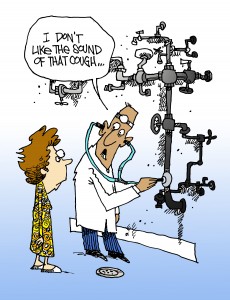
Sometimes the underlying water problem causing the symptoms of a water problem are not obvious.
For example, corrosion of copper piping can be caused by acidic water (low water pH), but in other cases by water that is too alkaline (high water pH). Odors, stains, and sediment can have various causes. It is critical to identify the water problem that is causing the symptoms.
Selecting the Right Treatment System for the Job
While some water treatment systems remove multiple contaminants, no one treatment system will work for every application or water problem.
It is essential to know the capabilities of the treatment systems being considered, what contaminants they remove, what range of flow rates they can process, and what water pressures they operate within.
If you have any questions and want an expert opinion, consult a technician certified by the Water Quality Association for the best results.
For more help on selecting a well water treatment system, fill out our System Selector Form. If you have questions, don’t hesitate to e-mail us at [email protected], leave us a message on Facebook, or use our online contact form for prompt, personalized assistance from our trained professionals. Thanks for reading!

